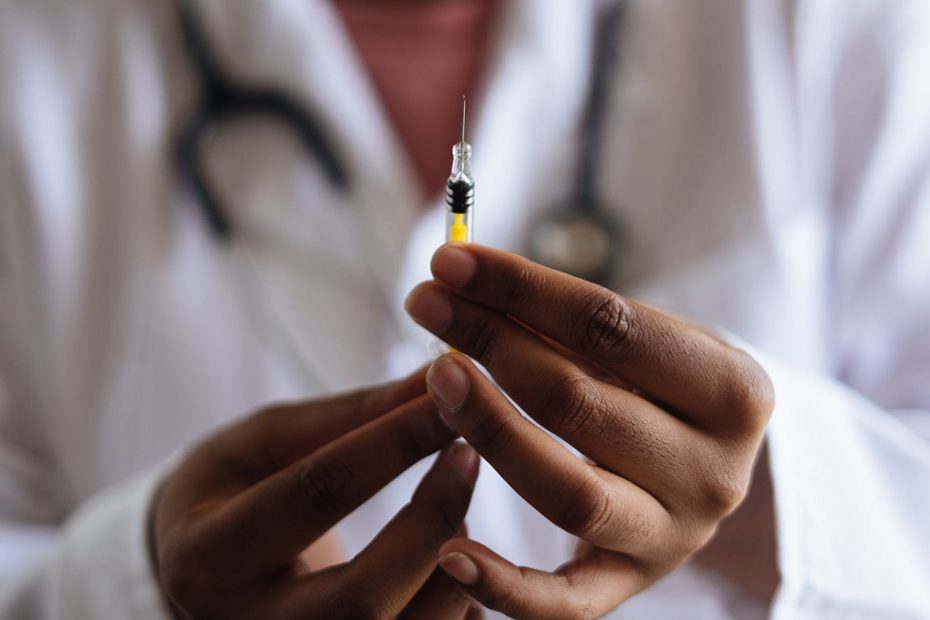For over a year the international community has failed to lift the COVID-19 vaccine patent monopolies. This means African countries, India and elsewhere cannot produce the vaccines themselves without excessive cost and are reliant on donations of vaccines from other countries. This has significantly affected vaccine supply, and in turn, the average rate of vaccinated in low-income countries is 7%.
The Australian Catholic Bishops Conference Office for Justice, Ecology and Peace have been signatories throughout this year to the actions of AFTINET which has advocated with Trade Minister Dan Tehan to support the lifting of these Intellectual Property monopolies.
Ahead of the next meeting of the World Trade Organisation (WTO), an alliance of health, human rights and fair-trade and labour rights advocates have expressed “extreme concern” that Mr Tehan who had previously agreed to lifting the patent has now signed and sponsored a draft statement to be discussed at the WTO meeting. This draft does not address this key issue, but exacerbates it.
Dr Patricia Ranald Convener of the Australian Fair Trade and Investment Network said, “Australia should not endorse a WTO statement which ignores the need to waive monopolies and increase global production. Australia and the WTO must use ongoing online discussions to endorse the TRIPs Waiver to demonstrate that they do not value the interests of pharmaceutical companies above millions of lives.”
Countries that do not support the TRIPs waiver such as the UK and Switzerland also co-sponsored the statement, whereas the US which supports the waiver of Intellectual Property has not.
Ensuring and supporting the vaccination of people around the world not only protects the lives of the individuals vaccinated it also protects the lives of the whole human family as when the virus is spreading within a country, not only does it kill thousands, it also can mutate into new forms, as was the case with the Omicron variant.
This is a key issue going forward as a joint statement from African countries and WHO has said “the majority of the donations to date have been ad hoc, provided with little notice and short shelf lives. This has made it extremely challenging for countries to plan vaccination campaigns and increase absorptive capacity. To achieve higher coverage rates across the continent, and for donations to be a sustainable source of supply that can complement supply from AVAT and COVAX purchase agreements, this trend must change. Countries need predictable and reliable supply. Having to plan at short notice and ensure uptake of doses with short shelf lives exponentially magnifies the logistical burden on health systems that are already stretched.”
For more information: http://aftinet.org.au/cms/civil-society-groups-urge-trade-minister-to-support-the-waiver-o-vaccine-monopolies
